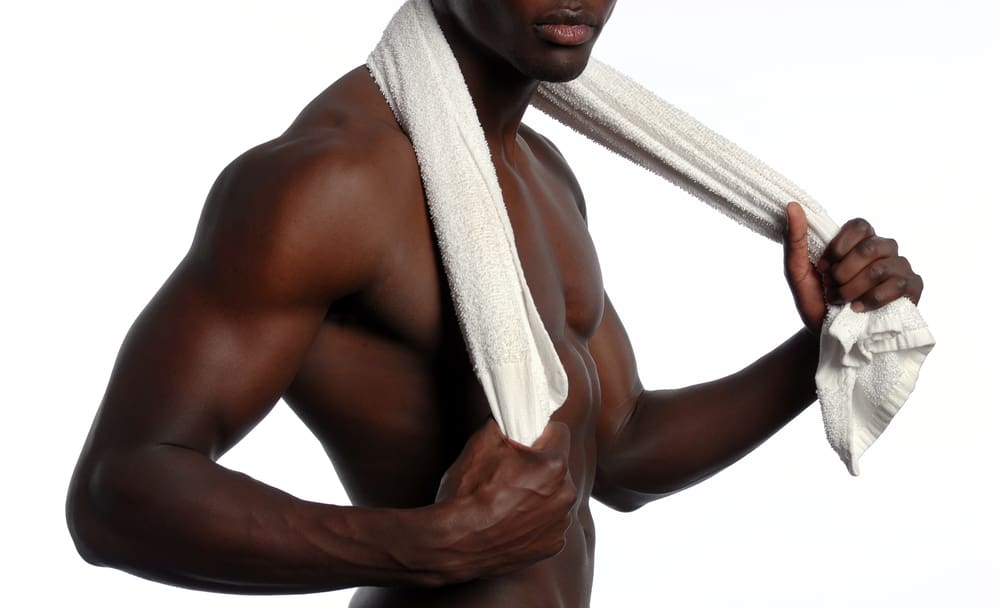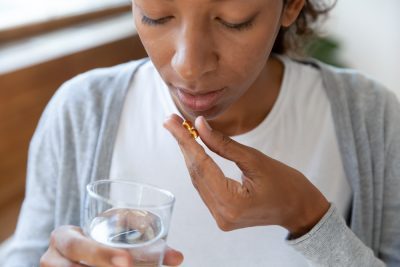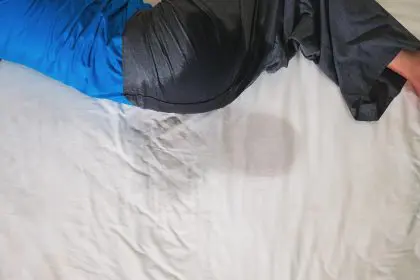Experiencing itchiness in the nipples can be an uncomfortable, often embarrassing condition that many may find perplexing. This sensation can range from a mild annoyance to a severe irritant that disrupts daily activities. While it might seem like a peculiar or niche concern, nipple itchiness is a common issue affecting many people across various ages. Understanding the reasons behind this can provide relief and prevent potential complications. This comprehensive exploration delves into the primary causes of nipple itchiness, offering insights and advice on managing this condition effectively.
Understanding nipple itchiness
Common causes
1. Dermatological conditions: Conditions like eczema, psoriasis or dermatitis can lead to nipple itchiness. These skin issues result in dry, flaky skin, making the nipples more prone to irritation.
2. Allergic reactions: Allergies to body wash, laundry detergent or even fabrics can cause itching. Contact dermatitis specifically occurs when the skin reacts to an allergen, leading to itchiness and rash.
3. Infections: Fungal infections — such as thrush or yeast infections — can affect the nipple area. These infections thrive in warm, moist environments, causing itching and discomfort.
4. Hormonal changes: Hormonal fluctuations — particularly during menstruation, pregnancy or menopause — can make nipples itch. These changes affect skin sensitivity and moisture levels, leading to irritation.
5. Breastfeeding challenges: Nursing mothers may experience nipple itchiness due to breastfeeding-related conditions such as thrush, mastitis or dry, cracked skin.
6. Environmental factors: Extreme weather conditions, like cold or hot climates, can dry out the skin or cause sweat-induced irritation, respectively.
Rare but serious causes
While less common, certain conditions require immediate medical attention:
– Paget’s disease of the breast: A rare form of breast cancer presenting symptoms like redness, flaky skin and itching around the nipple area.
– Inflammatory breast cancer: Though rare, one of its symptoms includes itchiness and redness of the nipple and breast.
Managing nipple itchiness
Home remedies and preventive measures
1. Maintain hygiene: Regular, gentle washing can prevent irritants from causing itchiness. Opt for hypoallergenic, fragrance-free soaps.
2. Moisturize: Using a hypoallergenic moisturizer can help maintain skin hydration, reducing dryness and itching.
3. Wear appropriate clothing: Breathable, natural fabrics like cotton can prevent excessive sweating and irritation.
4. Avoid known allergens: Identifying and avoiding allergens is crucial in preventing allergic reactions.
5. Stay hydrated: Keeping the skin hydrated from the inside out by drinking plenty of water can alleviate dry skin.
When to see a doctor
Consult a health care provider if:
– The itchiness persists or worsens over time.
– You notice other symptoms like discharge, significant redness or skin changes.
– Home remedies and preventive measures do not bring relief.
A health care professional can diagnose underlying conditions and recommend appropriate treatments, ensuring the health and well-being of your breasts and nipples.
Frequently asked questions
Q: Can men experience nipple itchiness for the same reasons as women and other people with nipples?
A: Yes, men — like anyone else with nipples — can experience nipple itchiness due to many of the same reasons, including skin conditions, allergies, and environmental factors.
Q: Are there any specific treatments for nipple itchiness caused by breastfeeding?
A: Yes, treatments for breastfeeding-related nipple itchiness include proper latch techniques, nipple creams, and, in cases of infection, possibly antifungal or antibiotic medications as prescribed by a health care provider.
Q: How can I differentiate between a simple itch and a symptom of something more serious?
A: Persistent itchiness — especially if accompanied by other symptoms like discharge, significant changes in skin appearance or pain — may indicate a more serious condition and should be evaluated by a health care professional.
Dealing with nipple itchiness
Nipple itchiness — while often a benign and manageable condition — serves as a reminder of the body’s sensitivity and the importance of skin care. By understanding the various causes — ranging from simple skin irritations to more serious conditions — and adopting appropriate care strategies, individuals can alleviate discomfort and maintain skin health. Remember, while many causes of nipple itchiness are easily treated, persistent or severe symptoms warrant professional medical advice to rule out more serious conditions. Prioritizing skin health and paying attention to bodily signals not only enhances comfort but also supports overall well-being.
In navigating the complexities of nipple itchiness, proactive care and attentiveness to one’s body play crucial roles. Addressing this issue not only requires an understanding of potential causes but also an appreciation for the body’s way of signaling for attention and care.
This story was created using AI technology.













